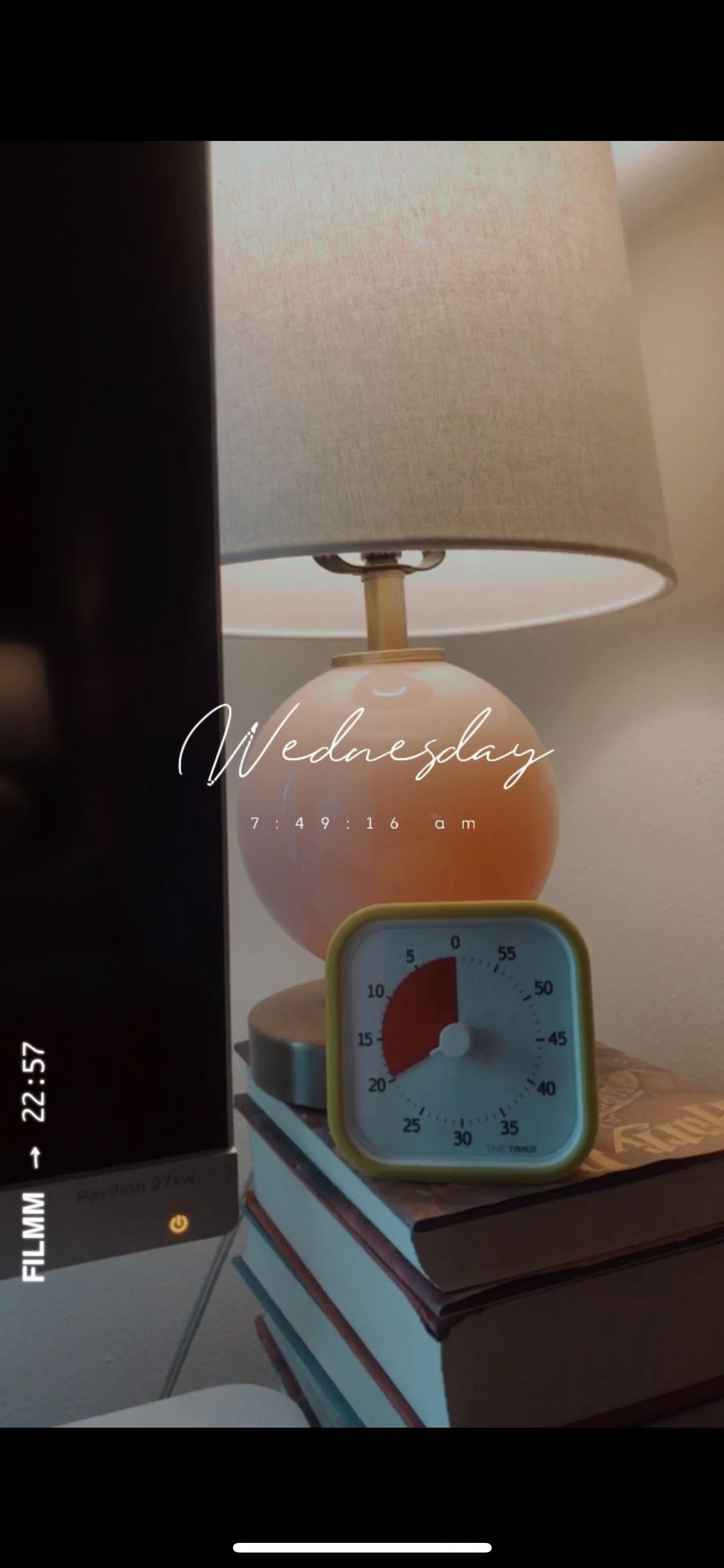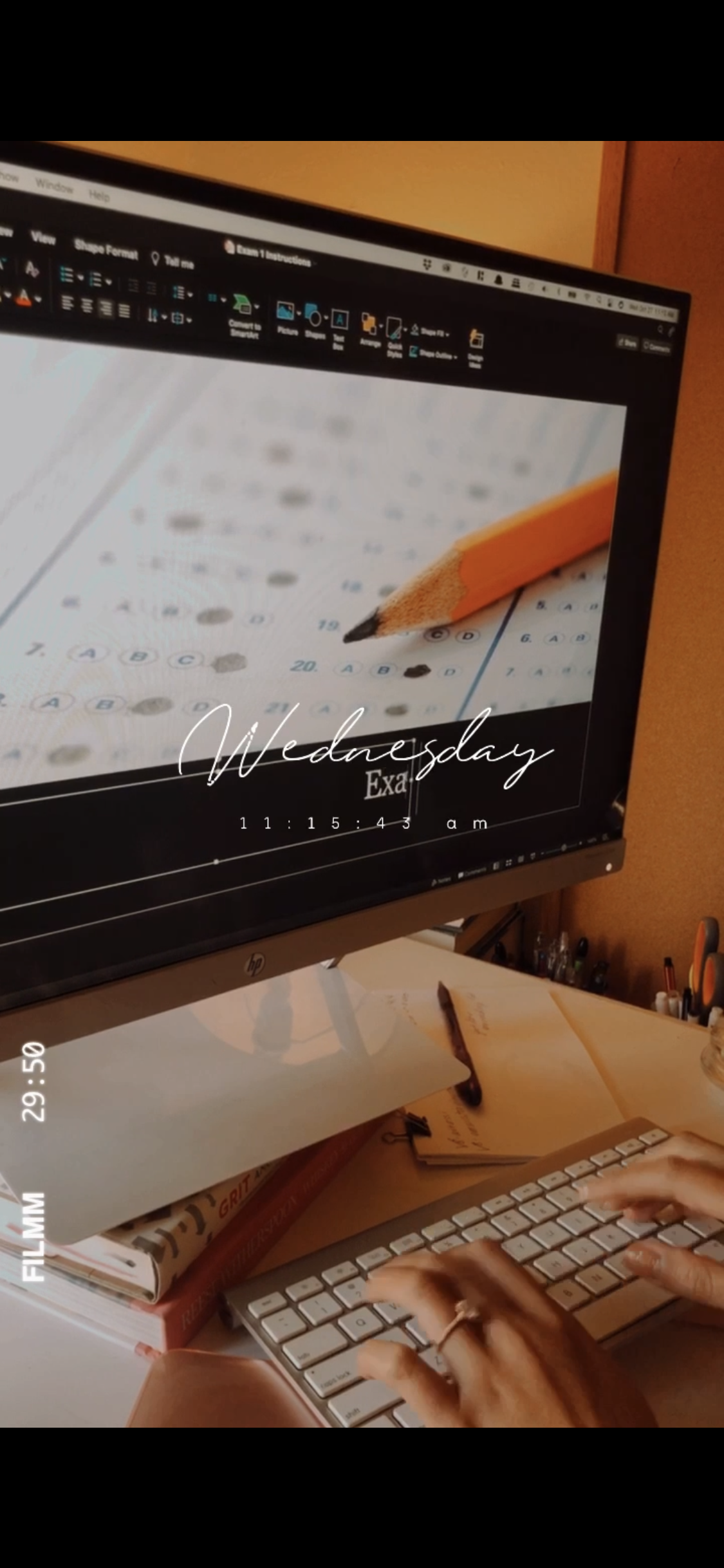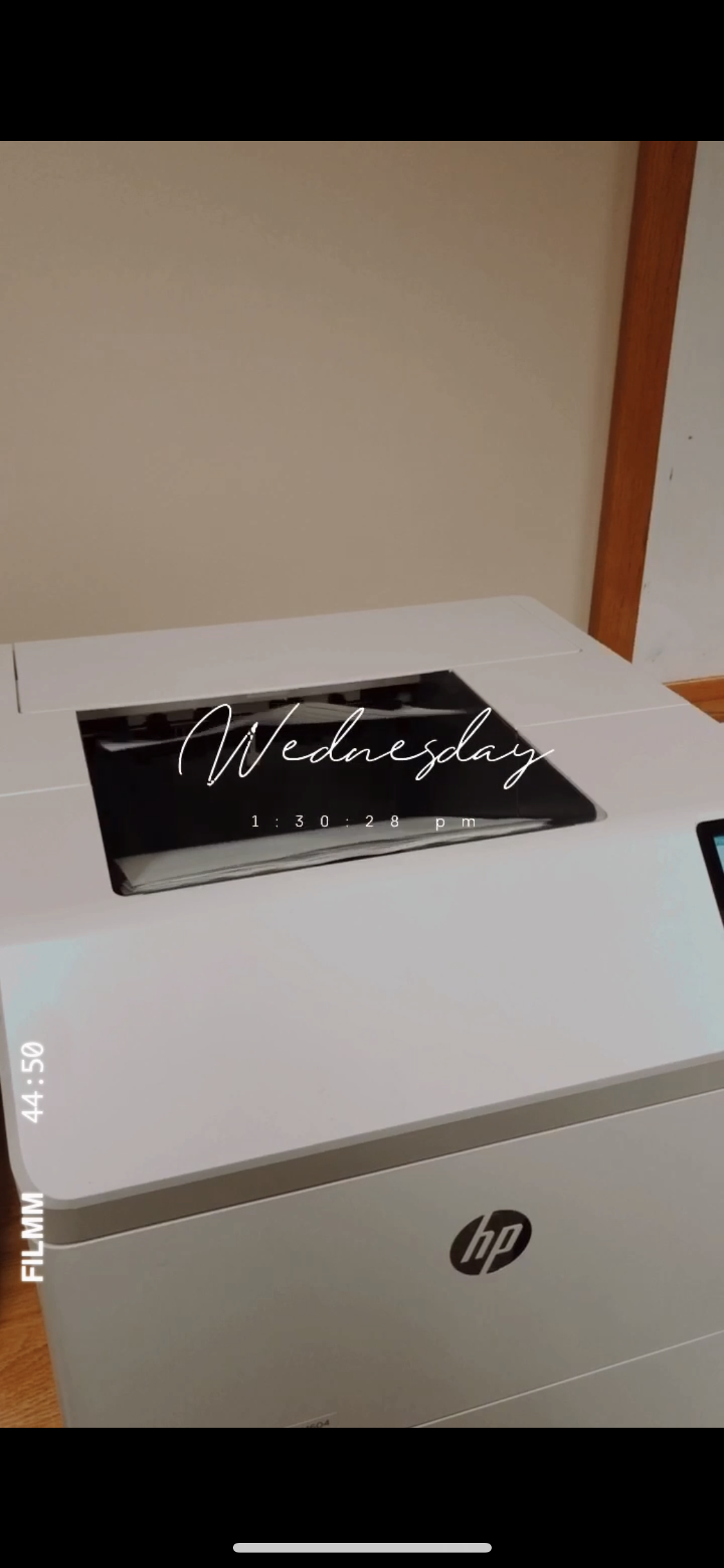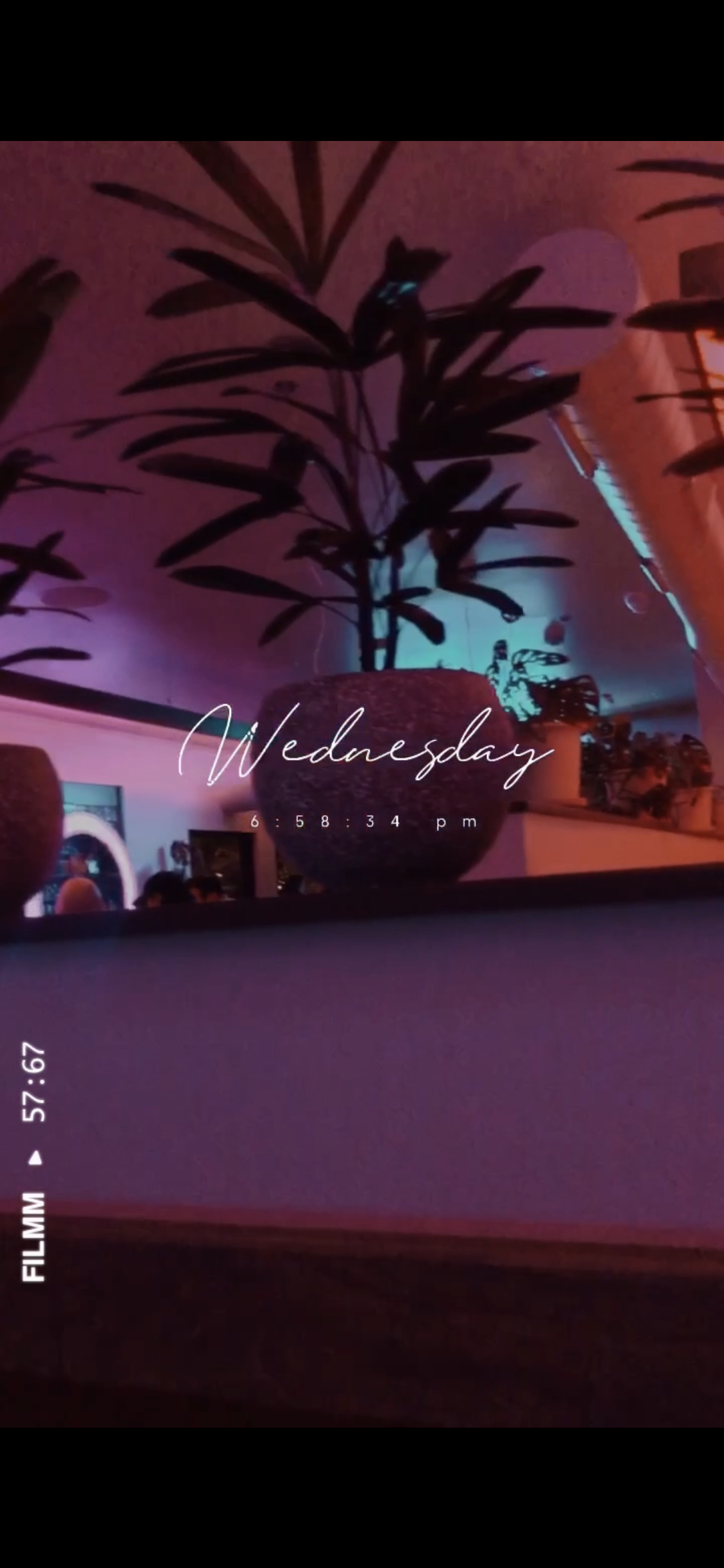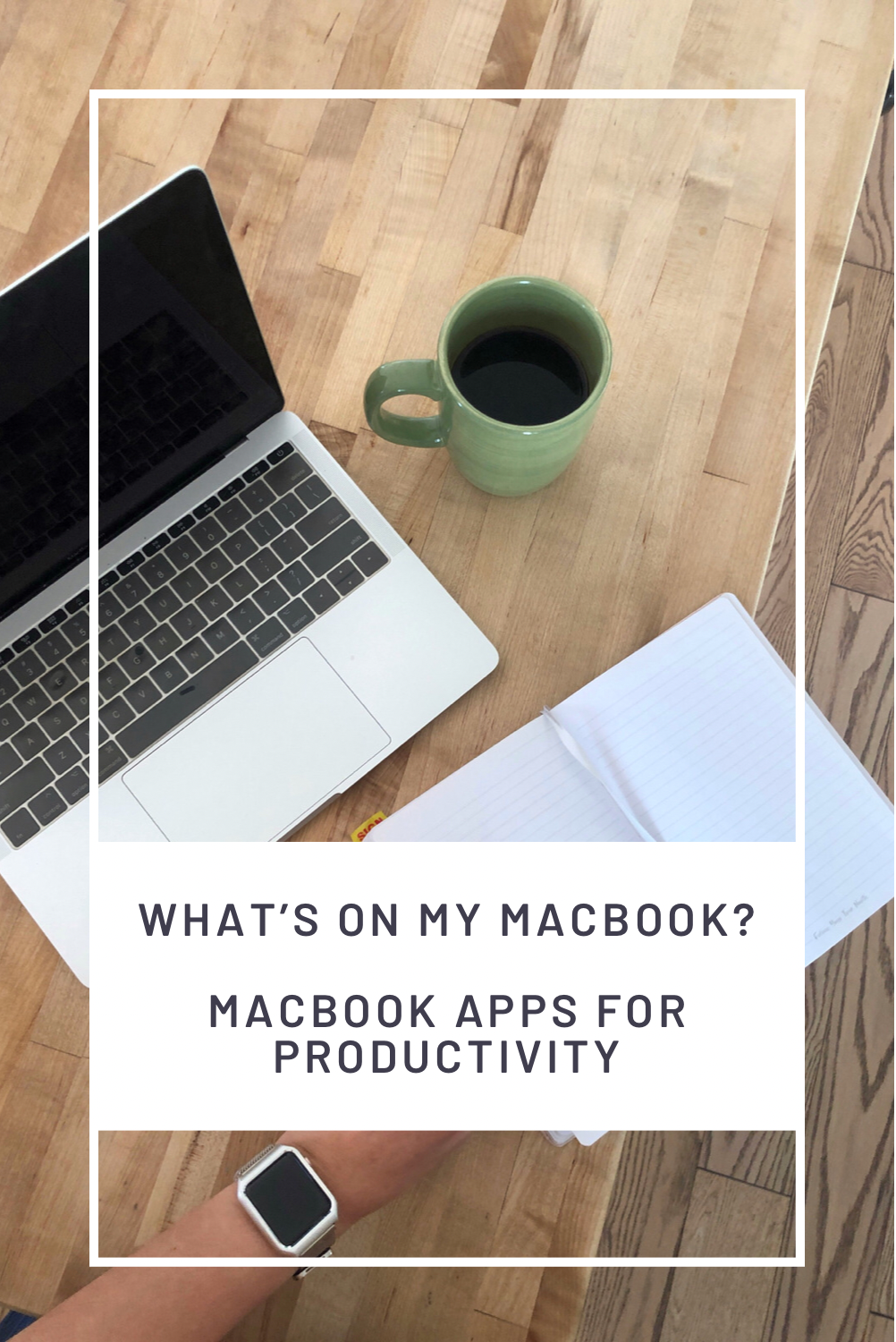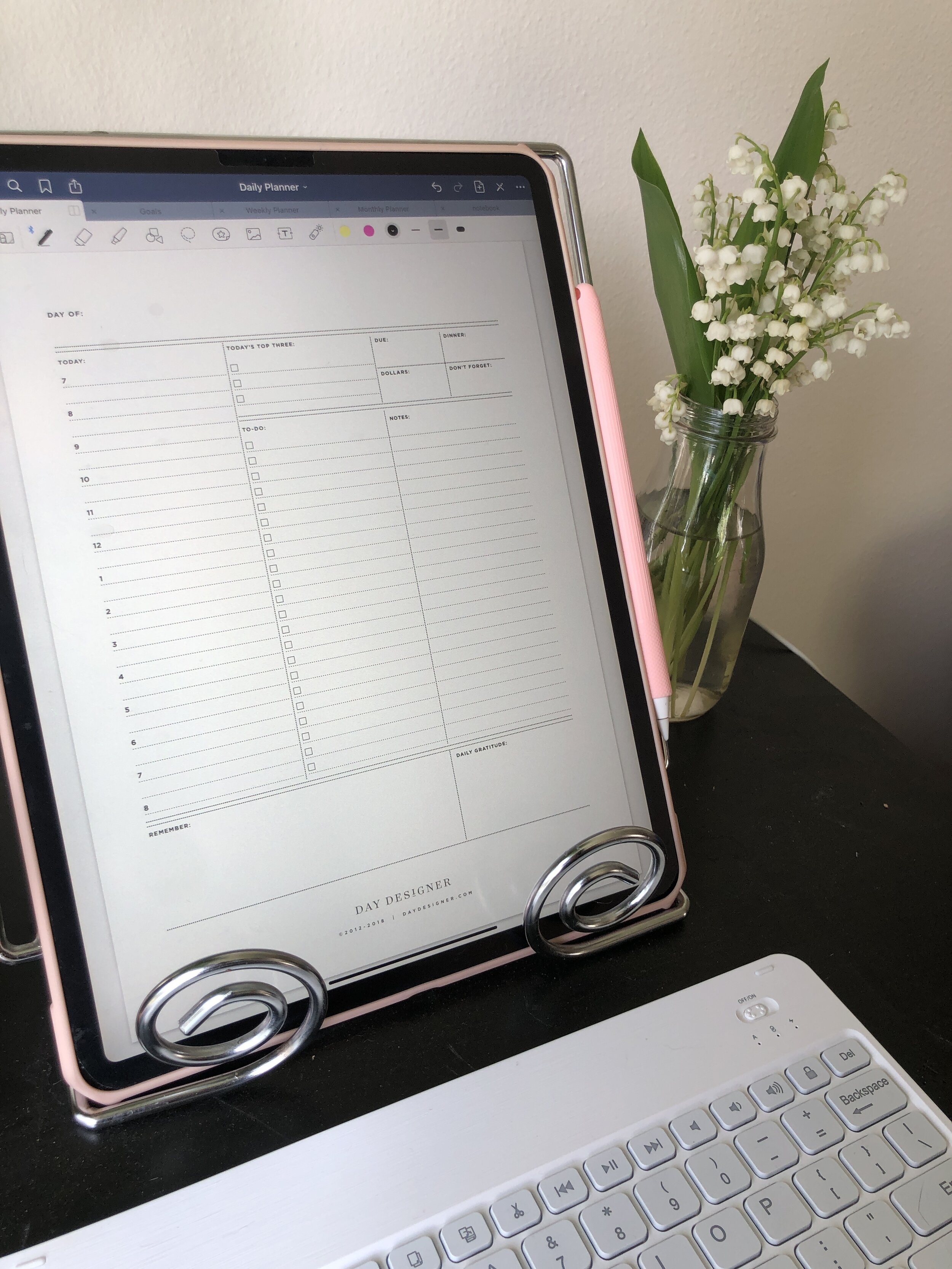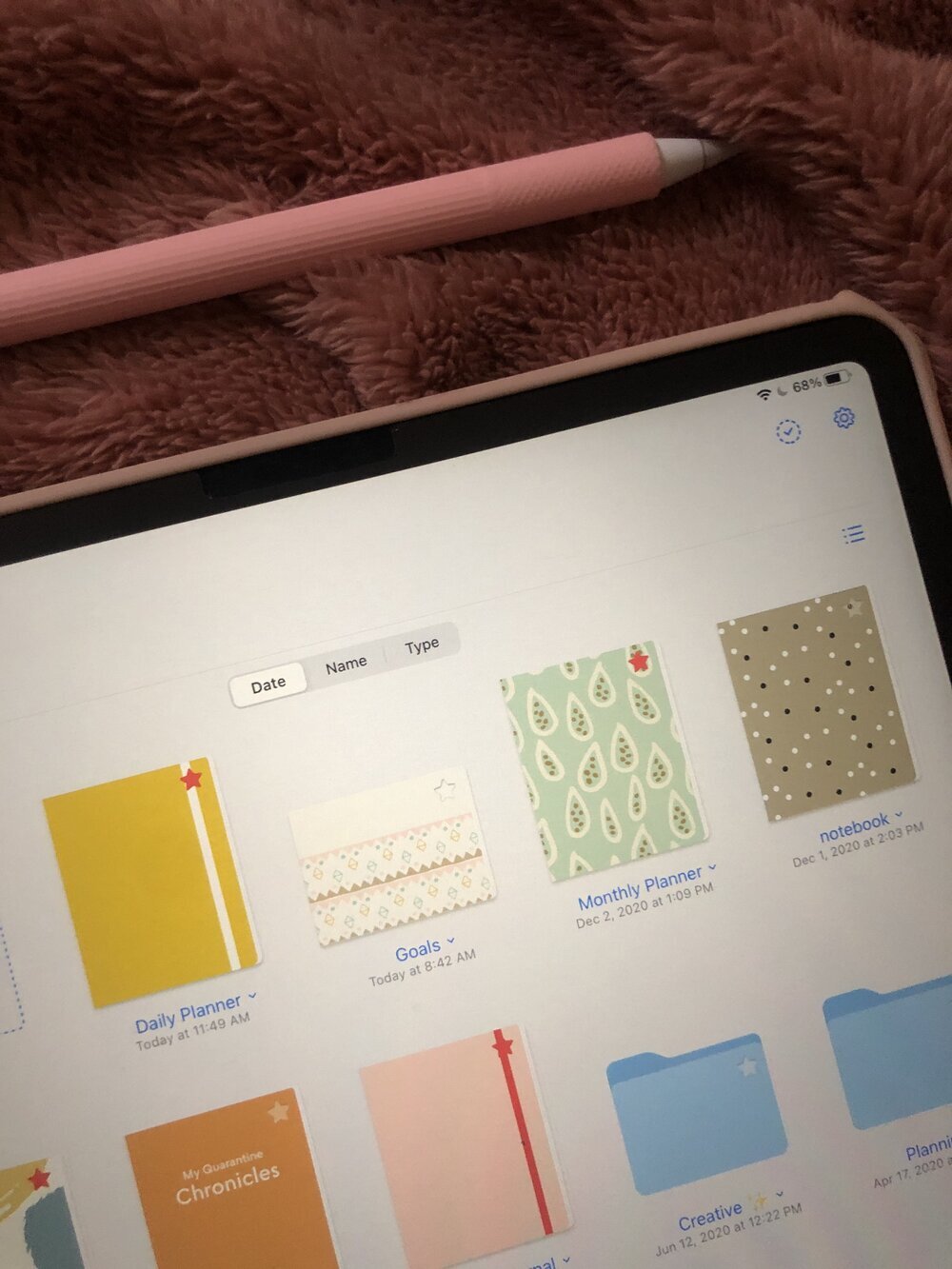It's midterm season y'all. This semester I'm teaching an in-person course and I thought I'd take you along for a day in the life teaching on campus.
Although teaching is one of my favorite parts of the academic job, it can be difficult to figure out how to juggle teaching along with all of the other responsibilities we have as PhD students, so before diving into my day, here are some of my quick tips on how to balance teaching whilst also getting other research/writing work done at the same time.
Task switching SUCKS. As much as we all want to believe we're amazing multitaskers, in reality, it's costing our brains time, energy, and motivation to switch between tasks. I'm as guilty of this as anyone - especially when it feels like every single task I'm doing is just as important as the last, but I try to stay on task by grouping similar tasks together so I don't have to lose time by switching my brain over to a different task.
Give yourself something to look forward to! I am a VERY food motivated person so if I know I'm going to have a really long, busy day or have a task I know tends to be a drag for me (looking at you data analysis), I'll make a deal with myself that I get some kind of food or dessert if I finish the big thing on my to do list. It's very effective, especially when the reward is sushi or bubble tea 🙂
Time yourself. Gameification is a real thing! Maybe you aren't as naturally lazy as me, but sometimes if I see a whole stack of papers on my desk I have to make it into a game where I time myself to see how many papers I can get graded in 15 minutes. Truthfully, you'd be shocked at how fast you are at things once you start to clock things this way.
I hope those tips were helpful! Now, onto this day in my life teaching on campus 🙂
7:00 AM: Good morning! coffee, a bit of journaling and setting the vibe with a cozy candle.
7:30 AM: Planning for the day, creating a to do list on my laptop! Today is a busier day where I'm running around on campus so I like to make my to do list digitally so I can access it on the go.
7:50 AM: Setting my pomodoro timer to stay focused on writing an abstract for submission to a conference. (plus setting up some ambient coffee shop background music!)
11:15 AM: Preparing exam instructions for an exam I'm giving in class today
12:50 PM: Headed to campus. It's starting to feel like fall!
1:00 PM: Holding office hours on campus for my students and preparing all the documents I need for class that day!
1:42 PM: Headed to class - today is more low-key for me. Though I usually lecture for several hours each week, this week, I get to sit back and proctor an exam for the day. Grading is no joke but at least for the time being, I get to relax a little!
4:20 PM: Exam finished!
7:00 PM: Ending the night with happy hour drinks with my co-hort! I always find that a night of commiserating and de-stressing is good for the soul!
Thanks so much for tuning into this little day in the life teaching on campus. What other day in the lifes would like to see? Let me know in the comments!

















